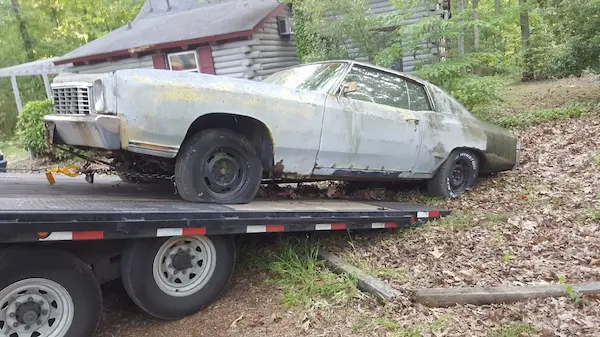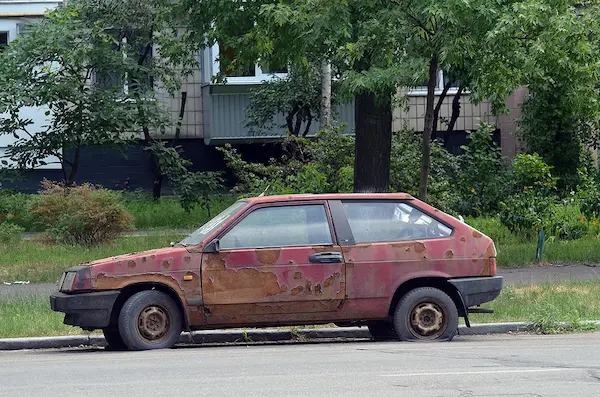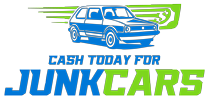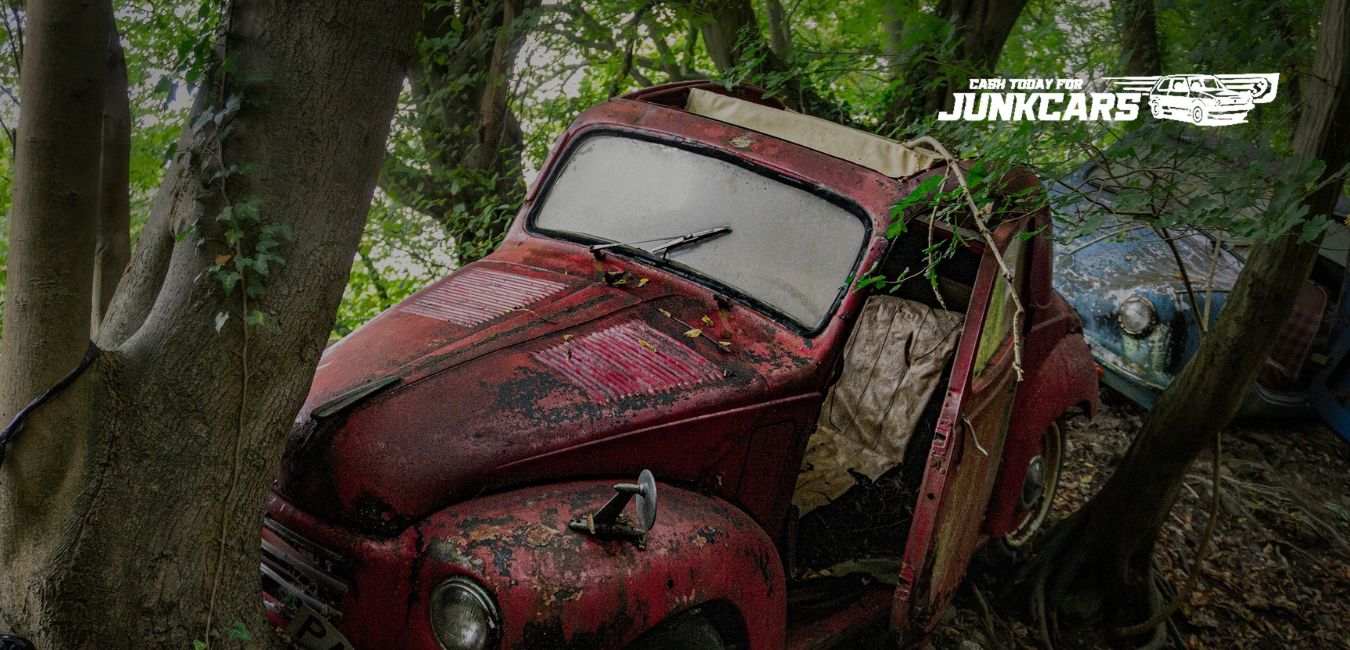Do you know what is considered a junk car? Well, a junk car is a vehicle that can’t be driven safely on the road or isn’t worth fixing.
It may be damaged beyond repair, have excessive rust, or be missing major components. Junk cars are often sold to junkyards for scrap metal or parts.
There is no definitive definition of a junk car, as the determination of whether or not a car is junk may vary depending on the state or province in which it is located.
However, some general criteria are commonly used to assess whether or not a car is junk.
Physical Condition

Extensive Damage
Cars get hurt. Think about a toy car a child has played with a lot. Over time, it might get many scratches, dents, or even big breaks. A real car can look like this, too, after many accidents. When a car is damaged, we often call it a “junk car.”
Wear And Tear
Cars get old. Just like an old shoe has holes and looks worn out, cars show age, too. They might have faded paint, old tires, or a noisy engine. This is wear and tear. When a car shows a lot of this, it might be considered junk.
Non-Operational Status
Some cars don’t run at all. Imagine a toy that doesn’t work when you push its button. In the same way, a car might not start or move. When a car doesn’t work, people often see it as junk.
Missing Essential Parts
A car needs many parts to work right. Think about a puzzle with missing pieces. It’s not complete. When a car doesn’t have essential parts, like an engine or wheels, it’s like that puzzle. This kind of car can be called junk.
Incomplete Or Compromised Structure
A car needs a strong body. It’s unsafe when its body has big holes or is rusted a lot.
It’s like a house with a broken roof. You wouldn’t want to live there. A car with the wrong structure is often labeled as junk.
Legal Aspects

Title Complications
When you own a car, you have a title. This title proves the vehicle belongs to you. Sometimes, the title might get lost or have wrong information.
With junk cars, title problems often happen. Fix these problems before you sell or junk the vehicle.
Salvage Status
A car with significant damage might get a “salvage” label. This means the car had big repairs or was in a severe accident.
Insurance companies often label cars as salvage. Before you junk a car, check its status. Some places won’t take salvage cars.
Emissions Test Failures
Cars must pass an emissions test. This test checks if a car pollutes the air too much. A junk car might fail this test.
When it does, you can’t drive it on the road. Fixing it can be costly. Many people decide to junk the car instead.
Legal Disposal Requirements
You can’t just leave a junk car anywhere. The law has rules for getting rid of them. Some parts can harm the environment.
Junkyards and recycling centers know these rules. They make sure cars get disposed of the right way.
Abandoned Or Unclaimed
Sometimes, cars get left behind. They might be in parking lots or on the side of the road. These cars can become a problem. The law says you can’t just take these cars.
They have owners, even if the owners are not around. The city or town will handle these cars. They might auction them or junk them.
FAQs

1. How Does Damage Affect Junk Status?
Damage can lead to a car being labeled as “salvage,” indicating major repairs or severe accidents, affecting its junk status.
2. Are Older Cars Automatically Considered Junk?
Older cars aren’t automatically considered junk; their condition and functionality determine their status.
What Is Considered A Junk Car: Conclusion
A junk car is more than just an old car. It’s a car that doesn’t run well or might not run at all. These cars often cost too much to repair compared to their value.
When you see a car rusted, damaged, or missing parts, it’s likely a junk car.
Remember, it’s not about the age but how the car works and its condition. So, if you have a vehicle like this, it might be time to think about what to do with it next.


